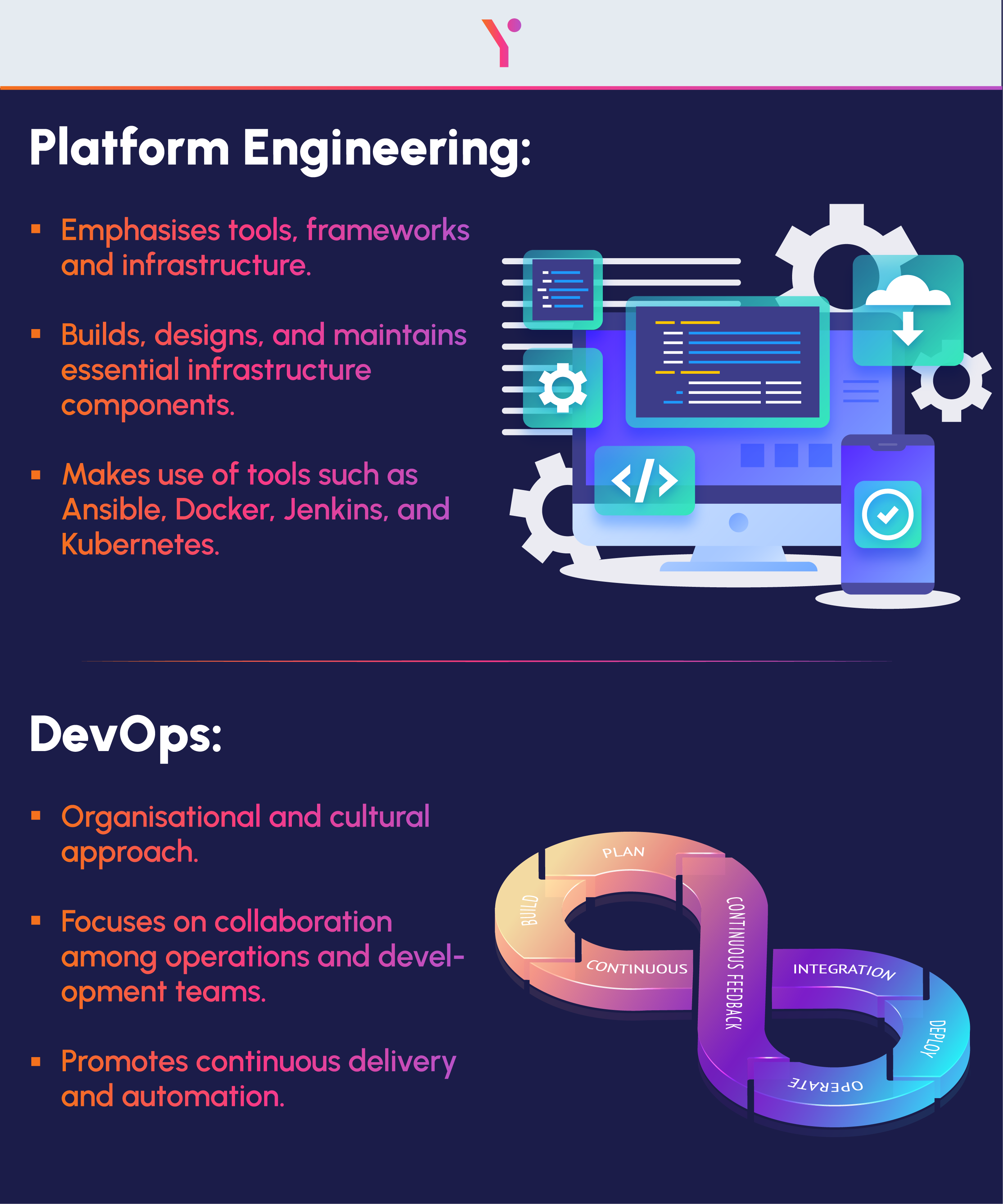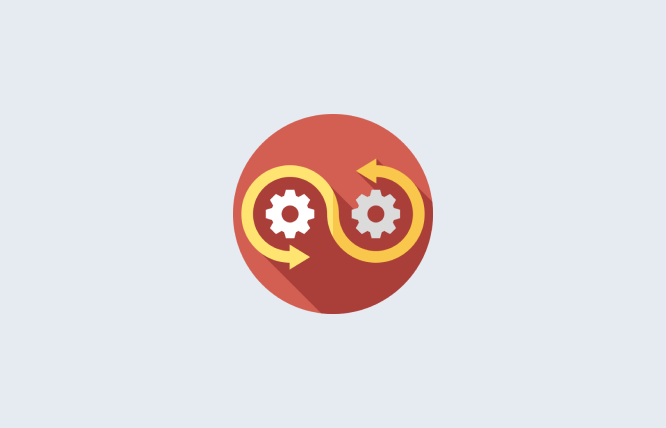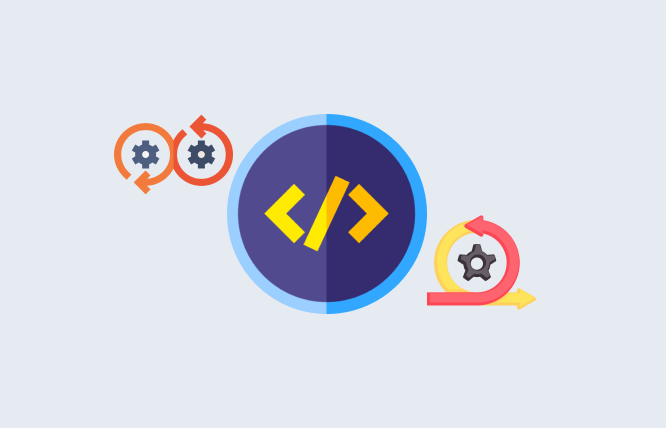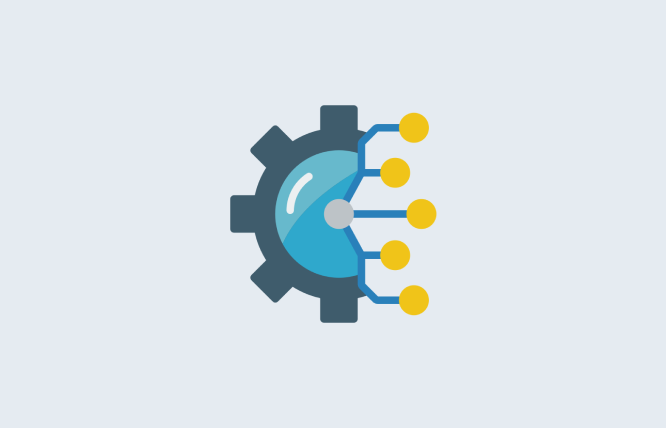Introduction
Platform Engineering vs DevOps is a debate within the development industry to understand which method is better. In this article we will discuss the two in an easily understandable manner.
Throughout the field of software development, two terms have attained prominent traction in the recent past. These are Platform Engineering and DevOps. There are many industry experts who often discuss these concepts interchangeably. Of course, this causes a great deal of confusion among many, and this is with regard to the roles and responsibilities associated with them. So, if you are someone who is also confused in this regard or lacks proper knowledge, then read on. This blog is a must-read for you as it will offer valuable information about Platform Engineering vs DevOps.
Throughout the field of software development, two terms have attained prominent traction in the recent past. These are Platform Engineering and DevOps. There are many industry experts who often discuss these concepts interchangeably. Of course, this causes a great deal of confusion among many, and this is with regard to the roles and responsibilities associated with them. So, if you are someone who is also confused in this regard or lacks proper knowledge, then read on. This blog is a must-read for you as it will offer valuable information about Platform Engineering vs DevOps.
After you are done with this blog, perhaps it will be better for you to glance over a host of concepts that are associated with IT and software, such as Kubernetes consulting services, Microservices Development Services, docker consulting services, or DevOps service providers.
Platform Engineering vs DevOps

Here, the emphasis is on creating and maintaining the tools and infrastructure required to support software deployment and development. It encompasses a host of functions such as management, implementation, and design of platforms that allow developers to run, deploy, test, and build applications in an efficient manner.
Platform Engineering
When we look at its essence, we observe that Platform Engineering circles around the making of a reliable foundation on which software applications are able to thrive. This means that there are a host of functions involved, such as:
Infrastructure Automation
It is the responsibility of Platform Engineers to leverage a host of automation tools and technologies to manage and configure infrastructure resources. Additionally, the principles of Infrastructure as Code (IaC) play a very important part in making sure that there is repeatability, scalability, and consistency throughout infrastructure management.
Orchestration and Containerisation
It is because of microservices architectures that today’s Platform Engineers are able to use containerisation techs such as Docker, as well as container orchestration platforms such as Kubernetes, to efficiently manage and package applications and their associated dependencies.
Continuous Integration and Continuous Deployment
It is a well-known fact that today’s Platform Engineers implement and design continuous integration and continuous deployment (CI/CD) pipelines. This is done for the sake of automating the software delivery process. Throughout this process, running tests, automating code builds, and deploying applications to a host of environments are involved. At the same time, scalability and reliability are ensured.
Observability and Monitoring
Making sure that the overall performance and health of infrastructure and applications are critical, it is up to Platform Engineers to launch observability and monitoring tools. This allows the collection of traces, logs, and metrics. Ultimately, this permits proactive identification as well as the resolution of numerous issues.
Compliance and Security
It is the duty of Platform Engineers to implement security-related best practices, thereby making sure that there is a proper degree of compliance with any set of existing regulatory requirements. This involves the implementation of encryption mechanisms, enforcing access controls, and securing infrastructure.
All of the above mentioned points are important for those that are involved with the Platform Engineering VS Devops debate. Looking back, it can be deduced that in essence, Platform Engineering emphasises offering developers an efficient and stable platform for deploying and building applications. This empowers the engineers so that they are able to emphasise presenting value to the end-users, and they don’t have to get bothered about the existing infrastructure.
DevOps
Let’s now take a look at DevOps. This comes as an organisational and cultural approach that seeks to break down the barriers that exist between the operations and development teams, streamline software delivery, and foster collaboration. Since the focus of Platform Engineering is on tooling and infrastructure’s technical aspects, DevOps addresses the culture, processes, and people aspects of software delivery.
The below-mentioned are vital DevOps principles that are often highlighted by those involved in a Platform Engineering VS Devops debate:
Collaboration
It is up to DevOps to promote communication and collaboration among operations, development, and different cross-functional teams that are associated with the software delivery’s lifecycle. It is this collaborative approach that paves the way for quicker feedback. Ultimately, this permits the software’s rapid iteration.
Automation
This is widely considered to be a core tenet of DevOps. It is supposed to eliminate manual, error-prone tasks. Another thing that it does is properly streamline the software delivery process. When there is the automation of a host of repetitive tasks such as code deployment, testing, and builds, any given company goes on to attain higher levels of consistency and efficiency.
CI/CD Practices
These are at the core of DevOps and allow teams to properly automate the deployment, testing, and building of code changes. When a given organisation adopts CI/CD pipelines, it can speed up software update delivery. At the same time, they ensure that there is proper maintenance of reliability and quality.
Infrastructure as Code (IaC)
It is commonly noted that DevOps promote the utilisation of IaC principles. This is done to automate the configuration and provisioning of a given set of infrastructure resources. When infrastructure is being treated as a code, it allows teams to do version control and properly manage infrastructure configurations in a scalable and repeatable way.
Continuous Improvement and Feedback
It is up to DevOps to foster an environment of continuous improvement and feedback. This is where a set of teams routinely look back on their practices and processes. This allows them to search for opportunities to refine and optimise them. It is because of this iterative approach that organisations are able to properly adapt to the changing market conditions and requirements in a highly effective manner.
Conclusion
It is noted that Platform Engineering and DevOps share some common goals. These are CI/CD and automation. However, at the same time, they have differences with regard to their scope and focus. Generally, it is up to Platform Engineering to deal with the technical aspects of infrastructure and tooling. A host of platform engineering tools may also be used in the process. Comparatively, DevOps tends to encompass wider organisational and cultural principles that are supposed to improve agility, efficiency, and collaboration in software delivery.
In short, if you want to harness a better understanding of Platform Engineering vs Devops, you must understand that both of them are complementary disciplines that play a very important role in today’s software development and operations. This is why if you are able to effectively understand the synergies alongside differences between them, you can allow your organisation to build agile, scalable, and resilient software delivery pipelines. These will then be able to meet the changing needs of both the stakeholders and customers.
Finally, if you need some consultation regarding the Platform Engineering VS Devops topic or platform engineering tools, you can consult with Futurbyte. This is a reputed software solutions provider that enjoys a worldwide-based client base.
Frequently Asked Questions
Platform engineering tends to emphasise both the building and maintenance of tools and infrastructure, which is required to support software deployment and development. It takes into account the managing and designing of those platforms that permit developers to run, deploy, test, and build applications in a very efficient manner. On the contrary, when we look at DevOps, this is an organisational and cultural approach that looks to bring down the barriers that exist between operations and development teams. It also intends to streamline the software delivery process and foster a better degree of collaboration.
Sure, these engineers are tasked with the automation of infrastructure configuration and provisioning, orchestration technologies and implementing containerisation, managing and designing CI/CD pipelines, ensuring as well as monitoring the performance and health of infrastructure and applications, and implementing compliance measures and security best practices.
CI/CD is known to play a highly important role in both DevOps and Platform Engineering. This is because its pipelines go on to automate the deployment, testing, and building of code changes. This permits today’s companies to rapidly offer software updates, all the while taking a check of the reliability and quality factors. It is up to platform engineers to both manage and design CI/CD pipelines since this is associated with their tooling and infrastructure responsibilities, whereas DevOps is known to promote CI/CD as an organisational and cultural practice in order to make way for continuous delivery and quicker feedback loops.
DevOps is known to promote collaboration between operations, development and various cross-functional teams that are part of the software delivery lifecycle. It propels teams to work in close coordination with each other, communicate effectively, and share responsibilities and knowledge to attain common objectives.
Have questions or feedback?
Get in touch with us and we‘l get back to you and help as soon as we can!





